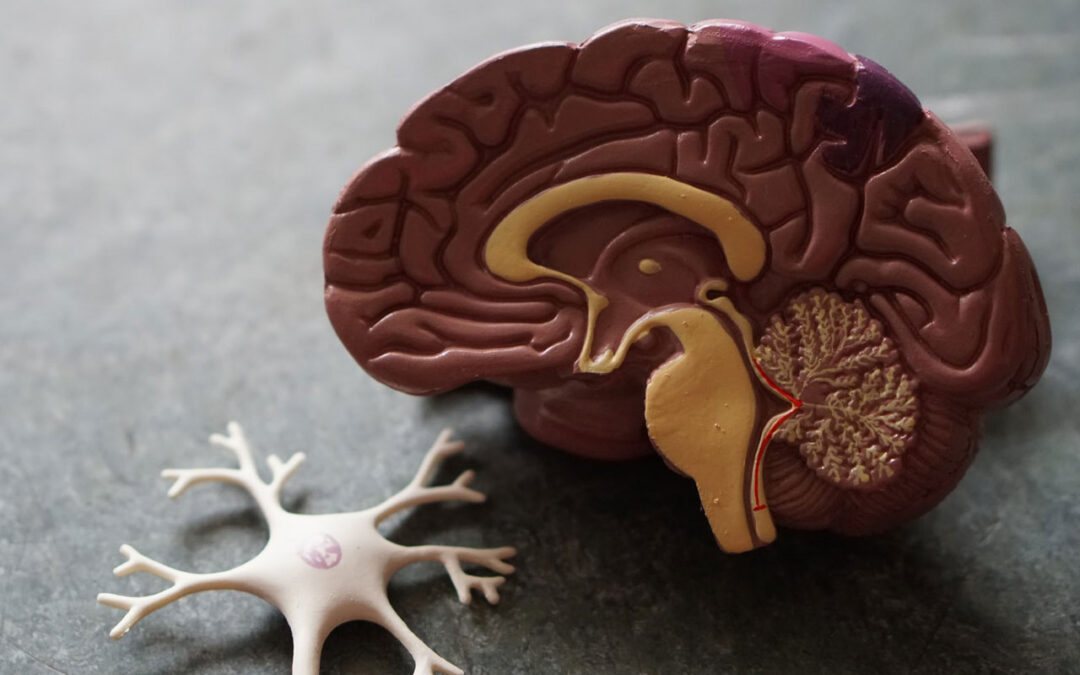
Top Ways to Cope with Stress
One of the hardest but most common things to deal with in life is stress. It doesn’t matter whether this stress comes from not having enough sleep, or your job is too hard, or you just had a difficult few weeks and then your car decides to die – stress is stress. Long-term or acute stress can take a serious toll on your body and your mind, and if you’re noticing the feelings really creeping up on you from the moment you wake up, you shouldn’t waste any time and get some help.
There are plenty of ways to cope with stress, and the unhealthiest of them all is turning to substances. Being stressed is hard, but the Delphi Health Group will tell you that recovery from addiction is harder. When you understand what’s happening inside your body and you learn simple coping strategies to combat the negative impacts of stress, you’re going to be able to cope with the stress even if you can’t initially overcome it. Let’s take a look at some of those top ways that you can cope with your stress.
Find a better balance at home
You should not be spending every hour you can get in the office. In fact, the moment your contracted time of work has come to an end, you should be clocking off and leaving the office. You are not obligated to turn up to work exceptionally early or stay exceptionally late just to prove something. If your employer is not paying you for your time, you need to leave on time and honor your balance.
Get some exercise
Before you laugh, realize that moving your body on a regular basis could help you to balance your nervous system and increase your blood circulation. Doing this can help to flush out the stress hormones that are building up in your system. Even a 20 minute walk every day can make a big difference to your health, and it’s really going to help you to cope with your stress.
Limit stimulants and alcohol
The side-effects of too much caffeine, too much alcohol and other more dangerous substances can cause a lot of stress. Instead of allowing these to take over your life, let them go. That coffee you love in the morning? It’s not helping or stress or anxiety levels. Would you prefer to feel jittery or would you prefer to feel healthy? It’s not a difficult question.
Connect with people
A problem shared is a problem halved also they say. If you are dealing with stress, connect with those around you and share that stress. Show them what you’re dealing with and ask them for help because you’ll be surprised how many people will be ready with a hand to help you to get out of that situation.
Sleep
One of the best ways to cope with stress is to make sure that you have a solid sleeping routine. You may not be a child, but there is nothing wrong with having a bedtime set. Make sure that you are going to sleep and waking up at a re






